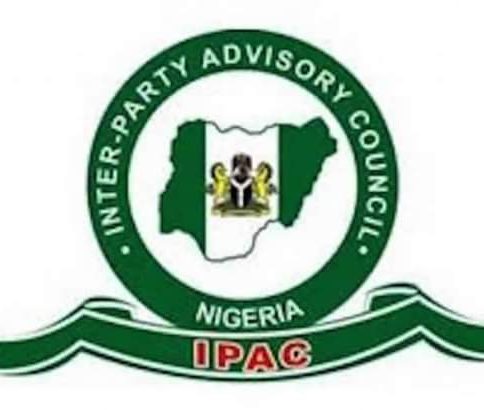The Inter-Party Advisory Council (IPAC) in Lagos State has expressed its strong disapproval of the Lagos State Independent Electoral Commission’s (LASIEC) handling of the guidelines for the upcoming 2025 Local Government elections. IPAC, representing all 19 registered political parties in the state, criticizes LASIEC’s approach, citing a lack of transparency, inadequate communication, and a disregard for established protocols. The commission’s announcement of the election date, set for July 12, 2025, across 20 Local Government Areas and 37 Local Council Development Areas (LCDAs), was met with immediate concern from IPAC, which argues that the commission failed to engage political parties in crucial discussions before releasing the guidelines. This lack of prior consultation, according to IPAC, raises serious questions about LASIEC’s commitment to a fair and democratic electoral process.
At the heart of IPAC’s concerns is the perceived secrecy surrounding the election preparations. The council highlights the unresolved issue of the Supreme Court’s pronouncements on Local Government autonomy and its implications for the 37 LCDAs established by the state government. Furthermore, IPAC expresses surprise at the recent revision of the LASIEC law, which empowers the commission to conduct elections in all 57 LG/LCDAs. This revision, approved and signed into law in January, was reportedly not widely publicized, and IPAC claims it has yet to receive copies of the new law for dissemination to its member parties. This lack of transparency, IPAC argues, creates an environment of distrust and hinders the ability of political parties to adequately prepare for the elections.
IPAC criticizes LASIEC’s new board, led by Justice Mobolanle Okikiola-Ighinle (retd.), for failing to establish a transparent and collaborative relationship with the political parties. The council points out that only one meeting has taken place between the board and party representatives since January, and that meeting was initiated by IPAC, not LASIEC. This limited interaction, according to IPAC, demonstrates a lack of commitment to fostering open communication and including political parties in the electoral process. IPAC argues that LASIEC should have organized a series of meetings with political parties to thoroughly explain the provisions of the revised law and their impact on the upcoming elections.
IPAC draws a comparison between LASIEC and the Independent National Electoral Commission (INEC) in Lagos State, highlighting INEC’s superior approach to engagement, communication, and transparency. The council criticizes LASIEC’s practice of releasing guidelines close to the start of the electoral cycle, arguing that this late release, coupled with the lack of ongoing engagement, creates an impression of predetermined outcomes. This perceived lack of transparency, according to IPAC, undermines the credibility of the electoral process and raises concerns about the fairness of the elections.
The core of IPAC’s discontent lies in LASIEC’s perceived failure to adhere to democratic principles of transparency and inclusivity. The council argues that a fair and credible election requires open communication, collaboration, and the active participation of all stakeholders, including political parties. By failing to engage with political parties, withholding crucial information, and releasing guidelines at the last minute, LASIEC, according to IPAC, risks undermining the integrity of the electoral process.
In conclusion, IPAC’s criticism of LASIEC centers on the commission’s lack of transparency and communication in the lead-up to the 2025 Local Government elections. The council argues that LASIEC’s failure to engage political parties, the secrecy surrounding the revised LASIEC law, and the late release of guidelines all contribute to an environment of distrust and raise concerns about the fairness and credibility of the elections. IPAC calls on LASIEC to adopt a more transparent and inclusive approach, emulating INEC’s best practices to ensure a truly democratic and participatory electoral process. The council emphasizes the importance of open communication, collaboration, and the active involvement of all stakeholders in ensuring free and fair elections. The concerns raised by IPAC highlight the need for LASIEC to address these issues to build trust and ensure the integrity of the upcoming Local Government elections.


